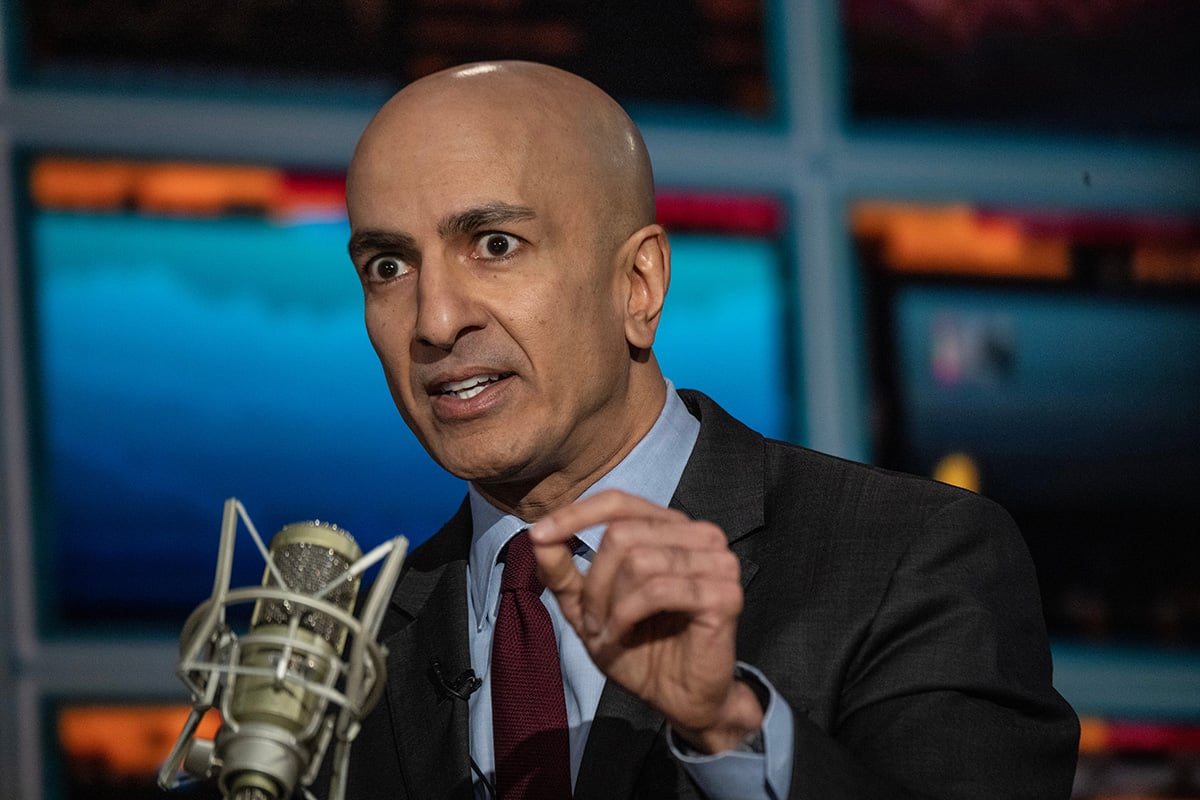'Different Approach'
“The president's not going to leave NAFTA. He's not going towithdraw from NAFTA,” said Kudlow. “He's just going to try adifferent approach. I can't offer timing here, but judging fromwhat he told us yesterday, I think he'd like to start that approachrather quickly.”Negotiators have reached agreement on about nine of30 chapters for an updated NAFTA, and the U.S. had been pushing toget a deal passed in this Congress, which would require anagreement around now. A key Republican senator, John Cornyn, saidon Monday that window is now closed and talks are expected toproceed more slowly going forward.The peso sank to its weakestlevel in more than a year on Tuesday amid concern a trade pact withthe U.S. won't be approved by Congress before 2019.Any of the threecountries can quit NAFTA on six months' notice. No country hasgiven such a warning, and only Trump threatens to. If he gave itand did actually exit, Canada has a pre-existing bilateralarrangement to fall back on, but it would probably require anupdate too.
|What Happens in 2019
Pushing NAFTA talks into next year—as is likely—may change thedynamic of negotiations. Democrats may take one or both chambers ofCongress from Republicans in November midterms and push backagainst a new trade deal, while Mexicans will elect a new president in July.The current front-runner, Andres Manuel Lopez Obrador, has at timestaken a strong anti-Trump tone and has been a vocal critic ofNAFTA.Lopez Obrador favors updating the treaty with all threenations, his economic adviser Gerardo Esquivel said on Tuesday. “Wewant to have a NAFTA 2.0 not a NAFTA 0.5. That means we want abetter and updated NAFTA,” said Esquivel.Three-way talks to updatethe pact are continuing, a Canadian government official saidTuesday, speaking on condition of anonymity after Kudlow'sremarks.Negotiations over rewriting NAFTA are already largelybilateral, given most meetings typically occur between two nationsat a time, the official said, playing down any significant shiftaway from the current format of talks. The president has regularlyraised the prospect of a bilateral deal so Tuesday's commentsaren't new, the official added.
Copyright 2018 Bloomberg. All rightsreserved. This material may not be published, broadcast, rewritten,or redistributed.
Complete your profile to continue reading and get FREE access to Treasury & Risk, part of your ALM digital membership.
Your access to unlimited Treasury & Risk content isn’t changing.
Once you are an ALM digital member, you’ll receive:
- Critical Treasury & Risk information including in-depth analysis of treasury and finance best practices, case studies with corporate innovators, informative newsletters, educational webcasts and videos, and resources from industry leaders.
- Exclusive discounts on ALM and Treasury & Risk events.
- Access to other award-winning ALM websites including PropertyCasualty360.com and Law.com.
*May exclude premium content
Already have an account? Sign In
© 2024 ALM Global, LLC, All Rights Reserved. Request academic re-use from www.copyright.com. All other uses, submit a request to [email protected]. For more information visit Asset & Logo Licensing.







